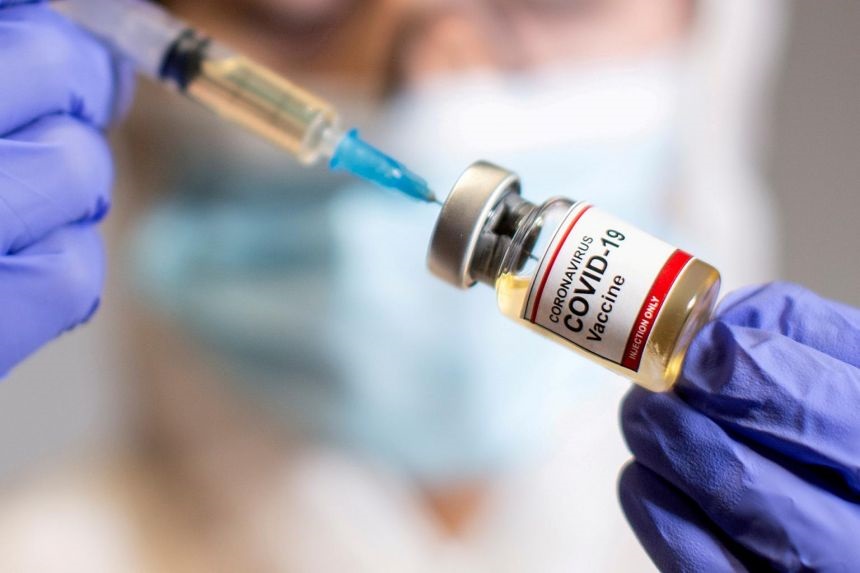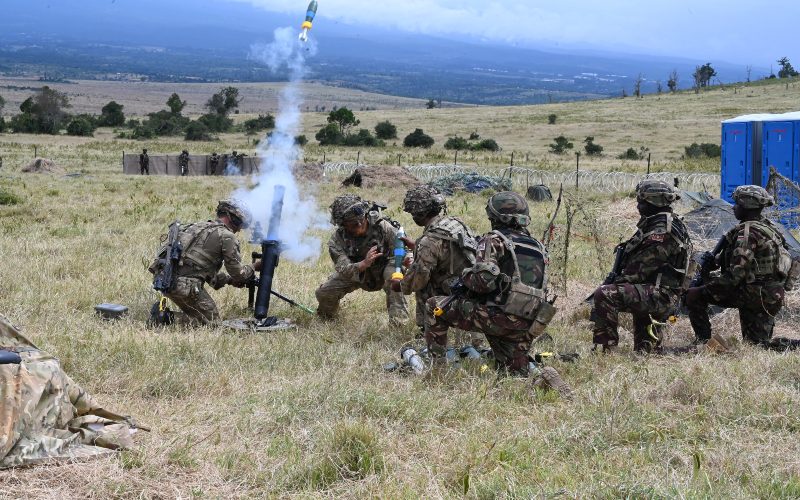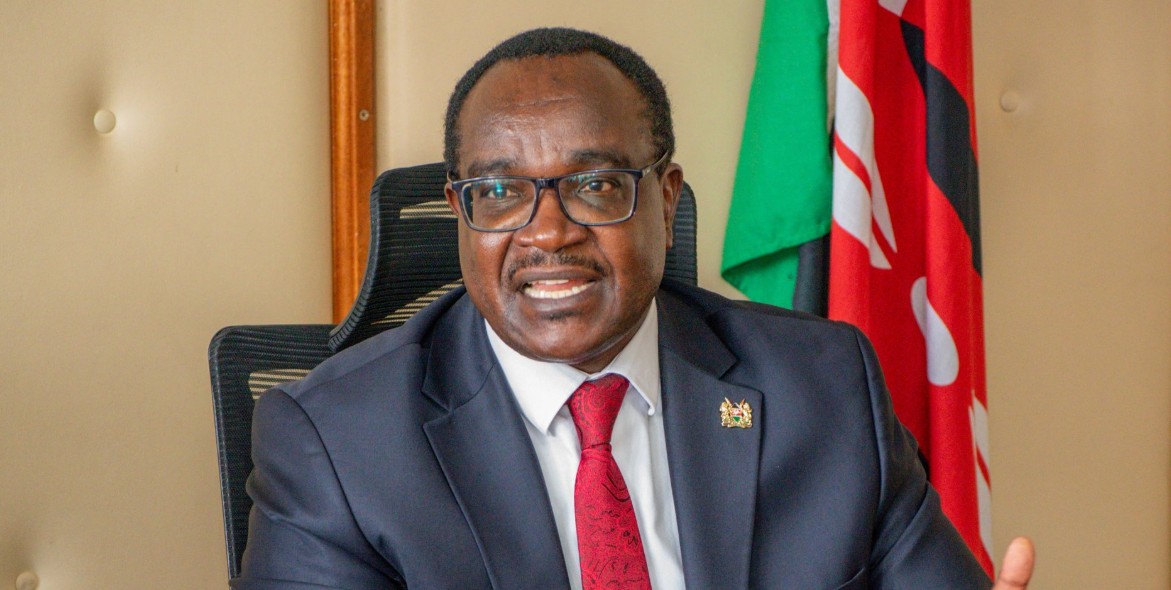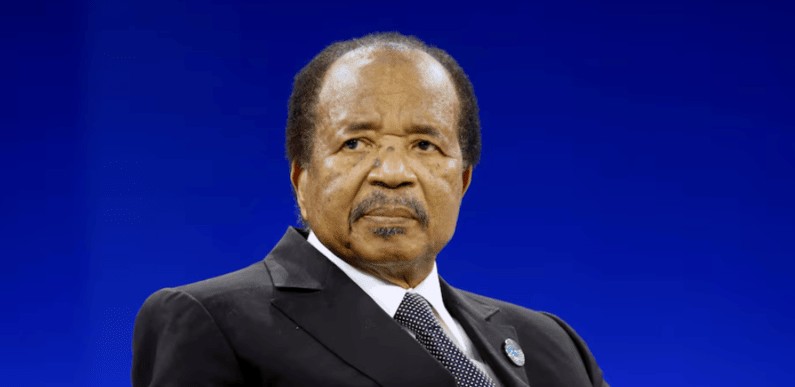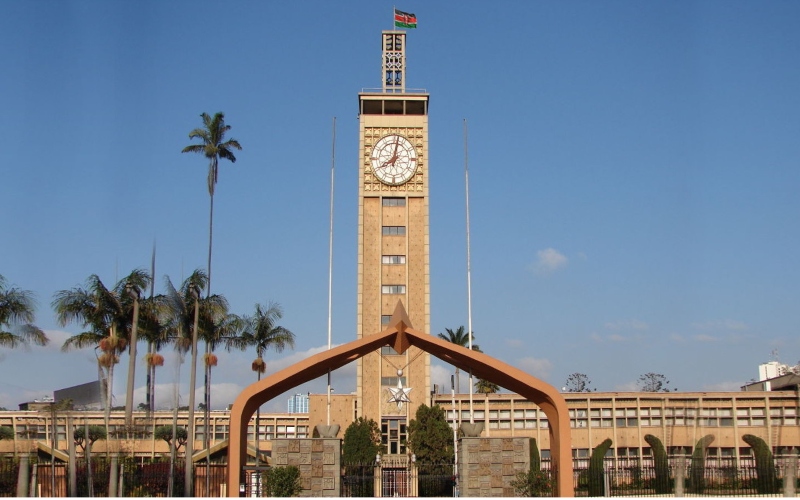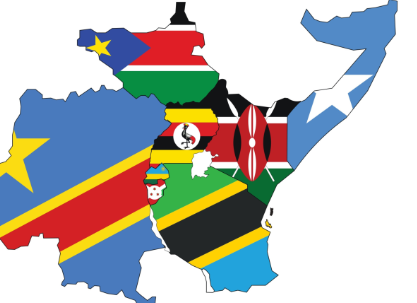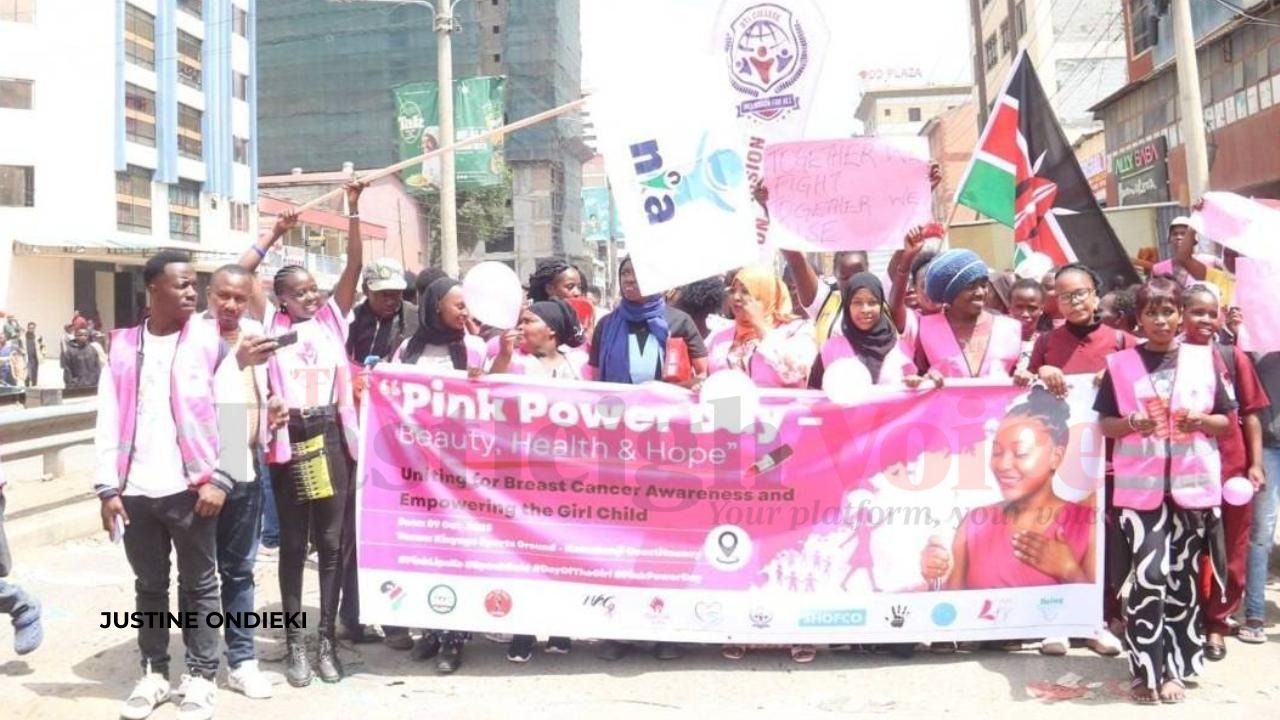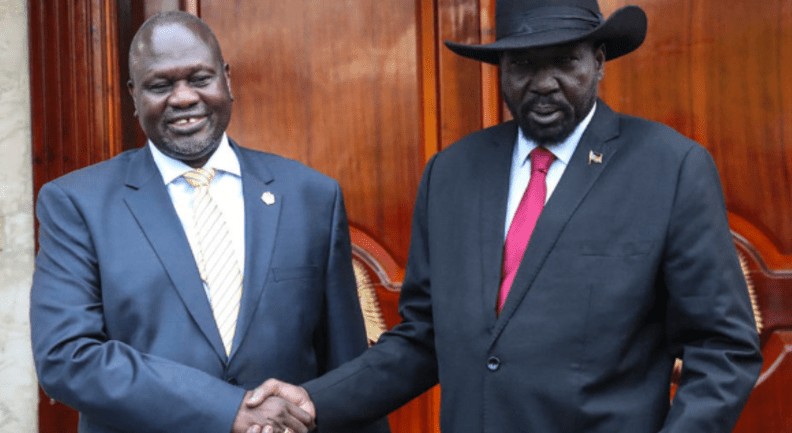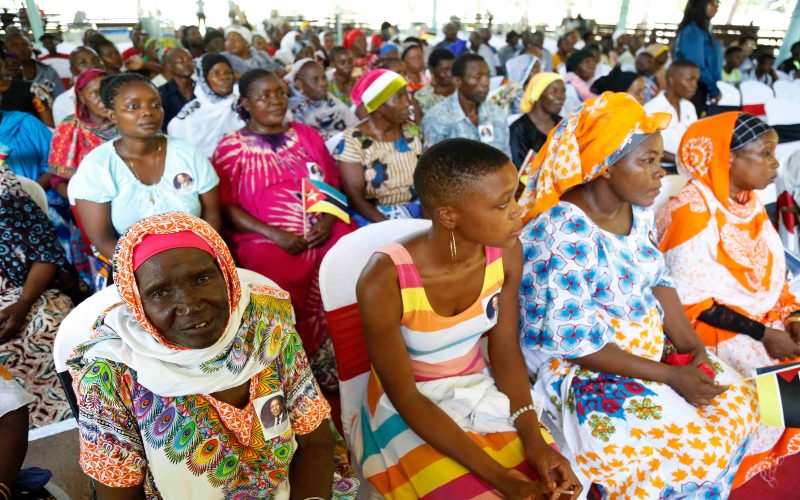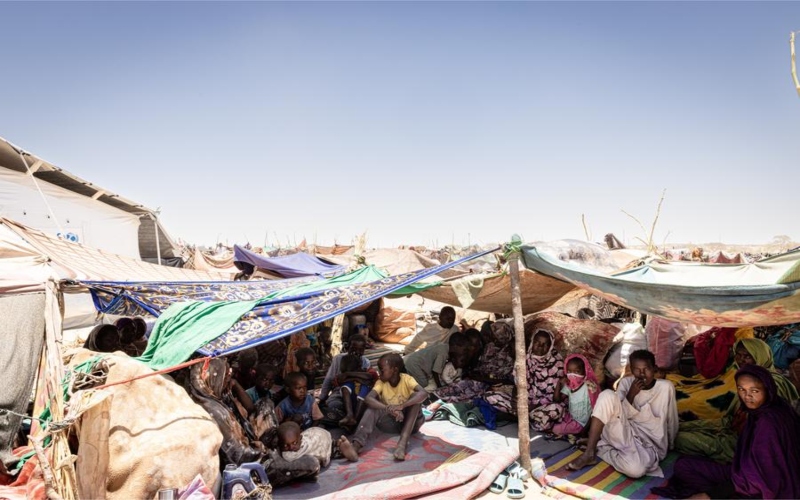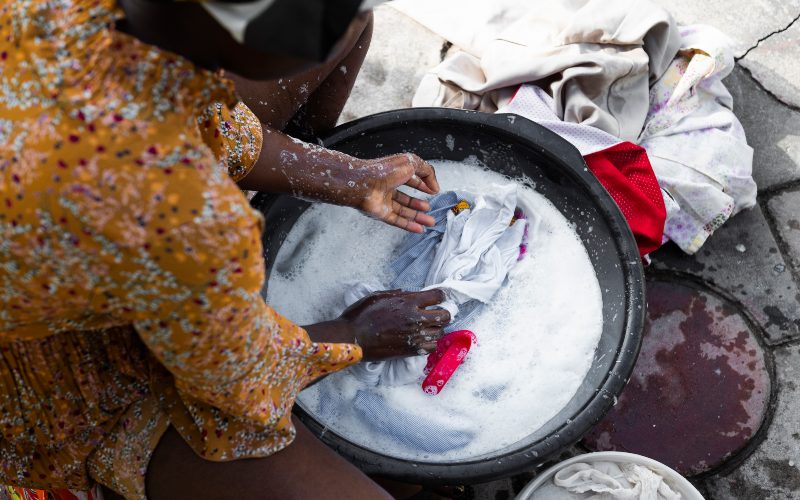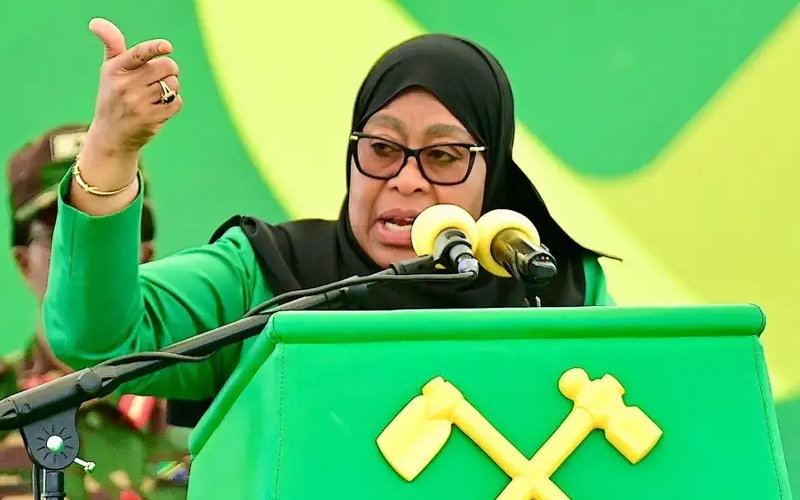Anti-malaria pilot project in Turkana records success in reducing infection rates among children
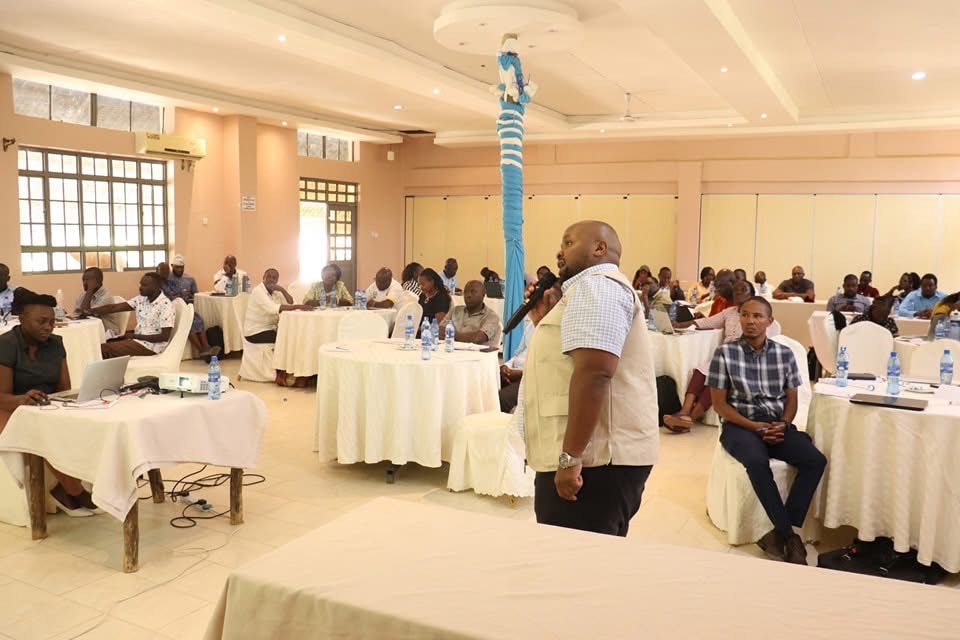
It targeted children aged between 3 and 59 months, who were administered a combination of sulfadoxine-pyrimethamine and amodiaquine.
Kenya’s first Seasonal Malaria Chemoprevention (SMC) pilot programme, implemented in Turkana Central, has achieved significant success, reducing malaria infection rates in children by up to 70 per cent, stakeholders have revealed.
The pilot project, spearheaded by the National Malaria Control Programme, Turkana County Health Department, and Catholic Relief Services, was conducted from June to October 2024 over five cycles.
More To Read
- Turkana moves to safeguard health with bold One Health Bill
- Khartoum Bahri battles surge in malaria, dengue and typhoid as cholera death toll rises
- Genetic tests for cancer can give uncertain results: new science is making the picture clearer to guide treatment
- What chaos at the US CDC could mean for the rest of the world
- Burkina Faso shuts down Bill Gates-backed mosquito project over safety, ethical concerns
- Hospitals get Sh3.4 billion boost as SHA settles insurance claims
It targeted children aged between 3 and 59 months, who were administered a combination of sulfadoxine-pyrimethamine and amodiaquine.
Speaking during the dissemination of the preliminary findings, lead researcher Prof Wendy Omerara of Duke University reported that 97 per cent of the targeted children received at least one cycle of treatment. However, 12 per cent experienced mild side effects during the joint study conducted by Duke University and Moi University.
Prof Omerara stated that the pilot SMC programme demonstrated success in combating the rising number of malaria cases among children.
Turkana Deputy Governor, Dr John Erus, expressed gratitude for the teamwork that led to the programme's success and emphasised the importance of SMC for Turkana County due to the high prevalence of malaria.
According to the Kenya Health Information System, Turkana experiences a malaria surge between June and October, during which 65 per cent of reported cases affect children under five years old.
“We are committed to investing in programmes that improve lives. We will continue collaborating with health stakeholders, including providing budgetary support,” Dr Erus assured.
County health officials revealed that the programme surpassed its target of 38,585 children, reaching 40,123 children. Of these, 27,208 children completed all five cycles of treatment.
Dr Epem Esekon, County CEC for Health and Sanitation, announced plans to scale up the initiative by integrating the Community Case Management strategy in the next round of the SMC programme.
 Stakeholders assembled at Lodwar hotel to discuss preliminary findings,success and challenges of the first round of SMC pilot project. (Issa Hussein)
Stakeholders assembled at Lodwar hotel to discuss preliminary findings,success and challenges of the first round of SMC pilot project. (Issa Hussein)
Dr Joseph Lenai, Director of Health at the Ministry of Health, confirmed that SMC had been included in Kenya’s new Malaria Policy and Strategy to facilitate government budgetary allocations and resource mobilisation for the programme. He also called for cost-benefit analysis research to better understand the economic advantages of the prevention method.
Dr Edwin Mbugua, Catholic Relief Services’ lead for Health, Nutrition, and Social Services, stated that the evidence generated from the pilot project would guide policy decisions and support the scaling up of the programme to benefit more children.
Other stakeholders acknowledged the critical role played by community health promoters, who raised awareness and administered the drugs door-to-door.
The second round of SMC is scheduled to run from June to October 2025, with plans to integrate additional services such as nutrition and immunisation into the programme.
Top Stories Today
